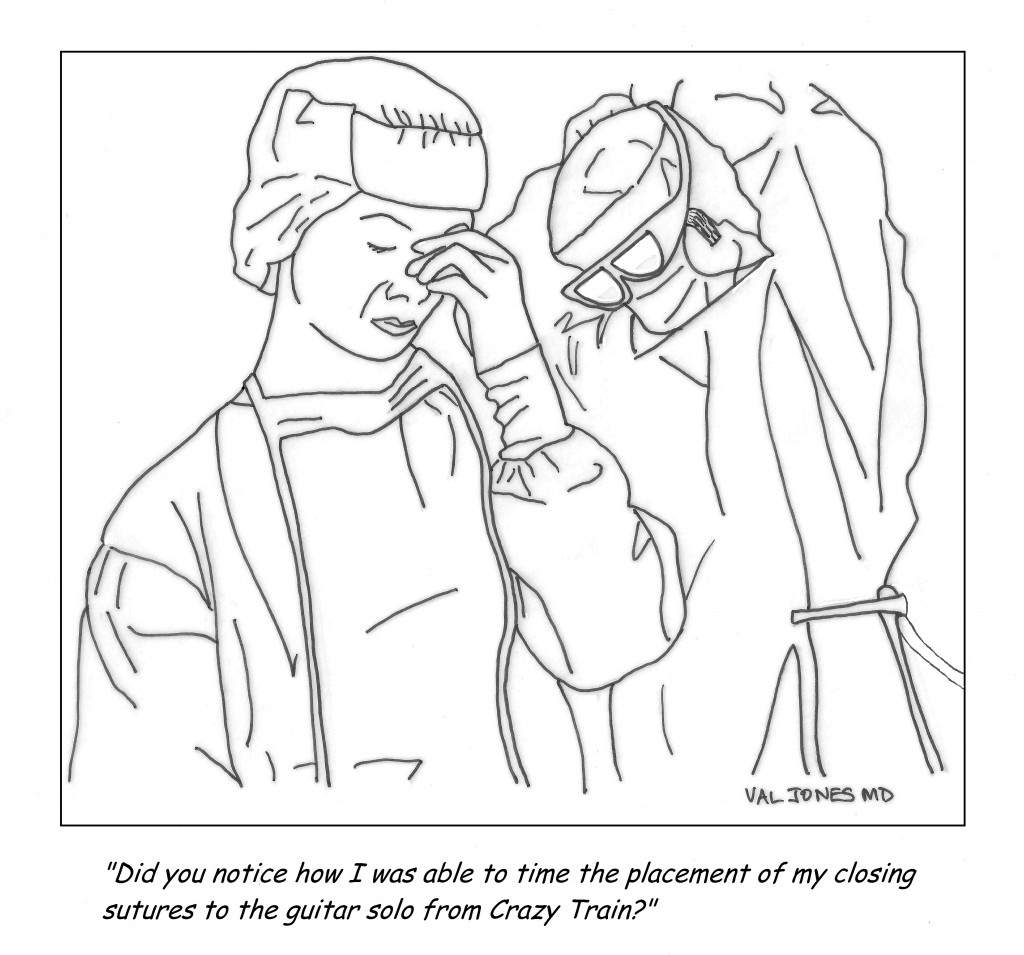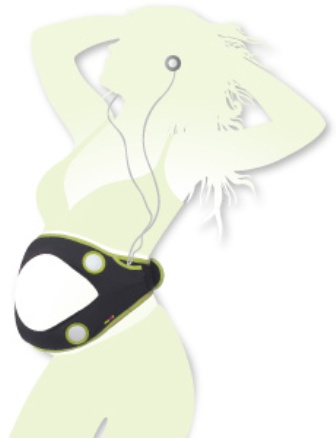Living Your Best Life, Even In The Hospital
 My patient was an elderly farmer with severe vascular disease. He had advanced leg artery narrowing, had survived multiple heart attacks, and was admitted to the hospital after a large stroke. He was incredibly cheerful, vibrant, and optimistic. He had a very large, loving family who took turns attending to him, and encouraging him with each small improvement in his leg and arm strength. They knew his neurological exam better than his doctors.
My patient was an elderly farmer with severe vascular disease. He had advanced leg artery narrowing, had survived multiple heart attacks, and was admitted to the hospital after a large stroke. He was incredibly cheerful, vibrant, and optimistic. He had a very large, loving family who took turns attending to him, and encouraging him with each small improvement in his leg and arm strength. They knew his neurological exam better than his doctors.
I was amazed at his recovery, given the size and location of his stroke (and his advanced age), I had suspected that he would end up wheelchair bound. But he was determined to walk again and get back to his gardening as soon as possible. His children told me that he was very stubborn and was a true “fighter.” As their patriarch, he carefully questioned each of them about their goings on, making sure that they were each on track with grain harvesting plans, animal feedings, and various farm-related projects. His life had meaning and purpose, and the hospitalization was merely a change of venue for his daily instructions.
Because my patient was so motivated, I offered to bring him to his physical therapy session early one day. To my surprise, he firmly, but politely declined.
“I have an appointment with my family in my room.” he said.
I wondered if they were going to discuss advanced directives with an attorney, or something of similar seriousness.
“Oh, I see. Well we will come get you at the regular time then.” I smiled and left the room.
As I walked down the hall back towards the nurses station I recognized various members of his family proceeding towards his room, dressed in what appeared to be their “Sunday best.” There must have been at least 15 people in the group, ranging from tweens to adults. They were smiling and upbeat.
Minutes later I heard wondrous a capella choral sounds wafting from the patient’s room and filling an entire wing of the hospital. All motion ceased. Therapists stopped pushing wheelchairs, exercises paused, patients with walkers stood silent in the middle of sterile, tiled floors.
My patient had delayed his therapy session for something far more important – a live chorus of loving family, singing for him in a private exhibition that managed to touch us all.
The music I heard that day taught me a very important lesson. Some people know how to live their very best, wherever they are. Even a life-threatening condition in a hospital setting cannot dampen the human spirit.
May we all aspire to have such a spirit.




 The new
The new 








